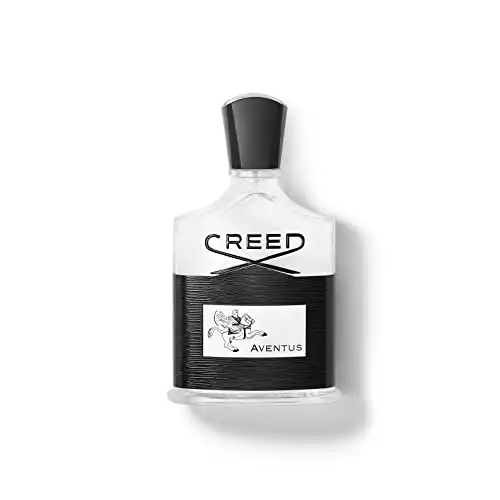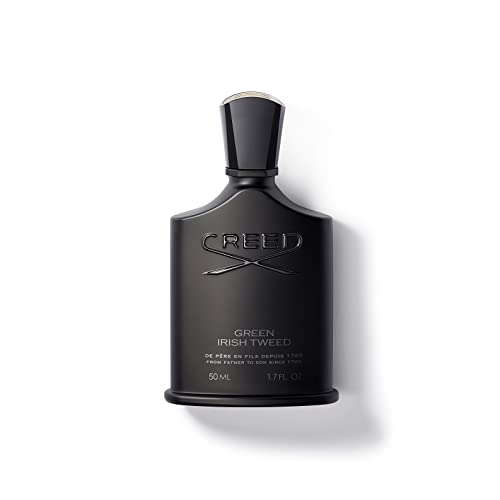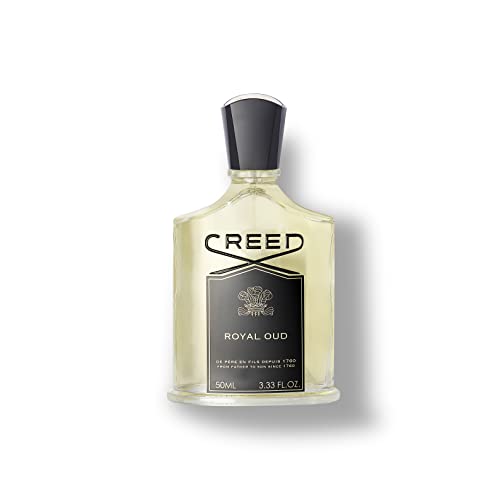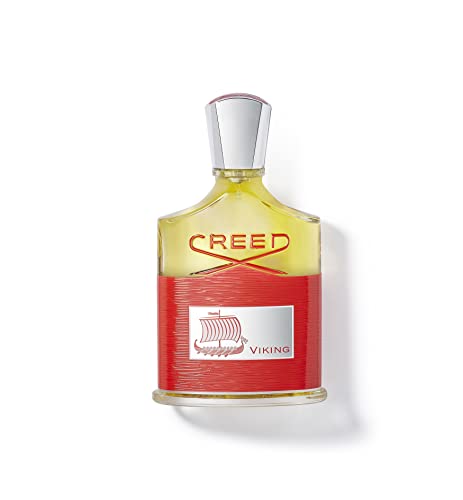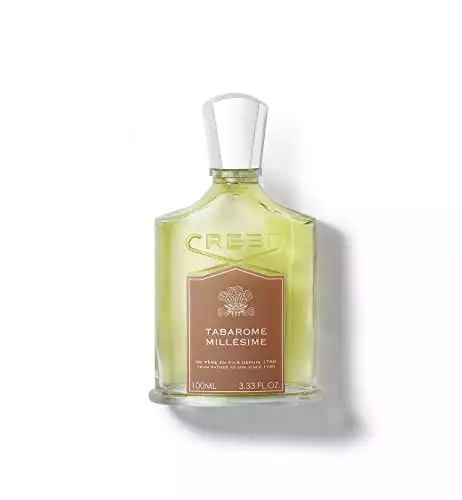You've seen them. High price tags, limited editions, and bottle designs that go way beyond the usual suspects.
No not champagne, I'm talking about niche fragrances – the cool, exclusive scents that can level up your fragrance game.
But are they really worth the hype?
In this article, I'll present you with an in-depth breakdown to figure out if these unique fragrances are more than just a splurge.
But before we dive in, let's take a look at what defines a niche fragrance.
What Are Niche Fragrances?
Niche fragrances are like the rebels of the perfume world – they're not the everyday scents you find at the department store.
Unlike mainstream fragrances that aim to please the masses, niche fragrances are crafted with a more exclusive and artistic touch. They're often created by smaller, independent perfume houses or individual perfumers, resulting in unique and less widely known scents.
Think of them as the hidden gems of the fragrance world, offering something distinctive and different from the familiar colognes lining the shelves of department stores.
Niche fragrances are all about standing out and making a statement, appealing to those who seek a more exclusive, less-known approach to fragrance.
Niche Perfumes vs. Designer Fragrances
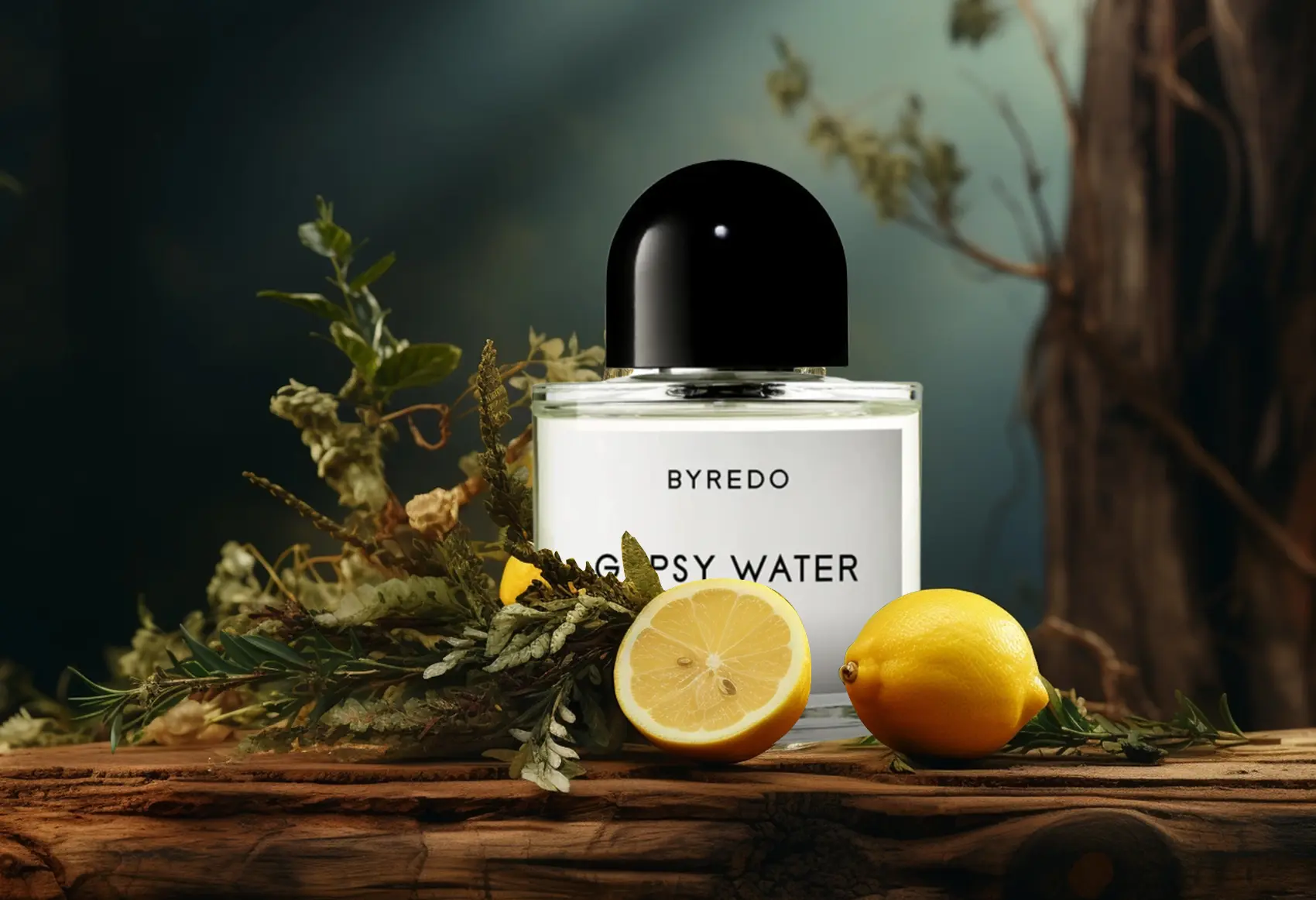
You're probably wondering how niche fragrances differ from the likes of the Gucci's and Chanel's of the world – and there's not really one major difference between them – more than a bevy of differences.
Let's break down their differences by talking about their origins, their exclusivity, and their approach to perfume creation.
Origins
Designer Fragrances: These are created by well-known fashion houses or brands – think Chanel, Gucci, or Christian Dior. They are often part of a broader product line that includes clothing, accessories, and cosmetics.
Designer fragrances are typically more widely available and marketed to appeal to a broad consumer base.
Niche Fragrances: These are crafted by smaller, often independent, perfume houses or individual perfumers.
Niche brands focus primarily on creating unique and artistic scents, with less emphasis on mass-market appeal. They tend to be more rare, harder to find in major retailers, and can be more expensive.
Exclusivity
Designer Fragrances: Designed for mass consumption, these fragrances are widely distributed and can be found in department stores, malls, and various retail outlets.
They aim to cater to a broad audience and are usually more accessible. You may even find most of these brands on major online retailers like Amazon.
Niche Fragrances: Known for their exclusivity, niche fragrances are often available in select boutiques, high-end department stores, or directly from the brand.
They appeal to individuals seeking a more distinctive and less common scent. They also tend to use more uncommon ingredients that are not found in major brands' scents.
Approach to Perfume Creation
Designer Fragrances: These brands typically follow trends and market demands. They may prioritize commercial success, with fragrances created to suit popular tastes and seasonal trends.
You will also tend to see high-budget advertising campaigns on TV, in magazines, and all over the internet featuring your favorite movie stars promoting them to a wide audience.
Niche Fragrances: Emphasize creativity and artistry. Perfumers have more freedom to experiment with unconventional and unique scent combinations, aiming to create something special and memorable rather than adhering to mainstream preferences.
You will only tend to see advertisements online or in print.
Are Niche Fragrances Worth It?
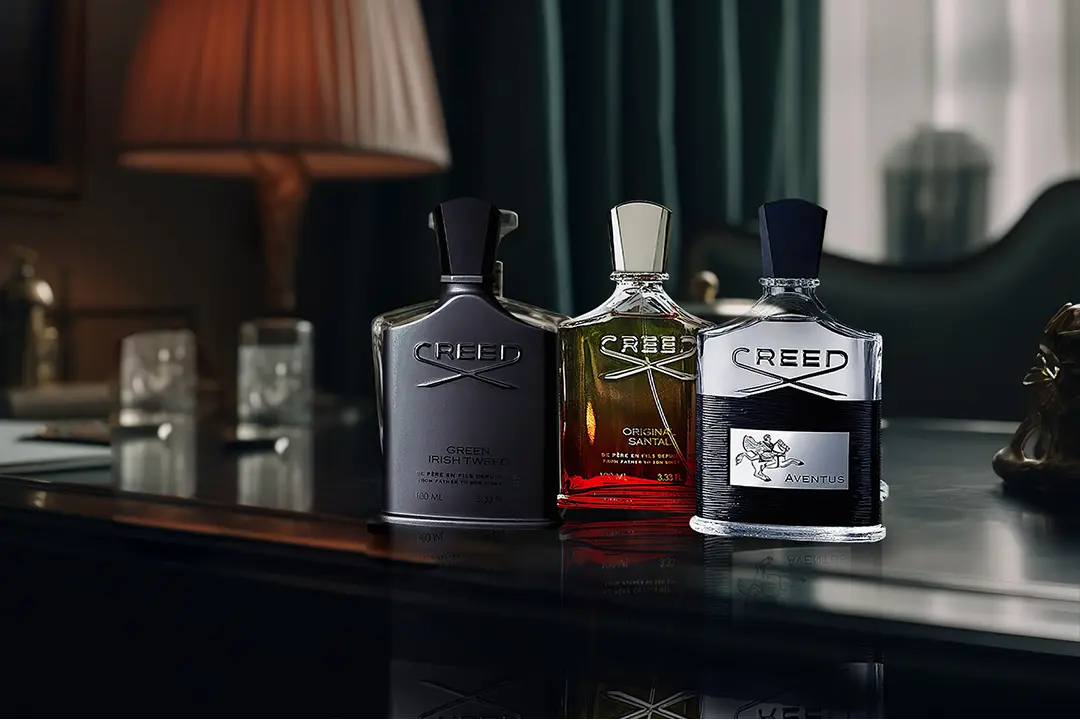
So let's answer the big question – are these boutique fragrances actually worth it?
It depends…
They can be worth it if you are looking for something out of the ordinary. But they can also be more costly than let's say Dior Sauvage – which is the most popular fragrance in the world and women love it. So there's that.
I personally love niche fragrances and think they offer unique scents that designer brands can't touch.
But it's actually easier to break this down by looking at a few individual points about niche fragrances and let you decide for yourself if you want to try a few.
Why Do People Buy Niche Fragrances?
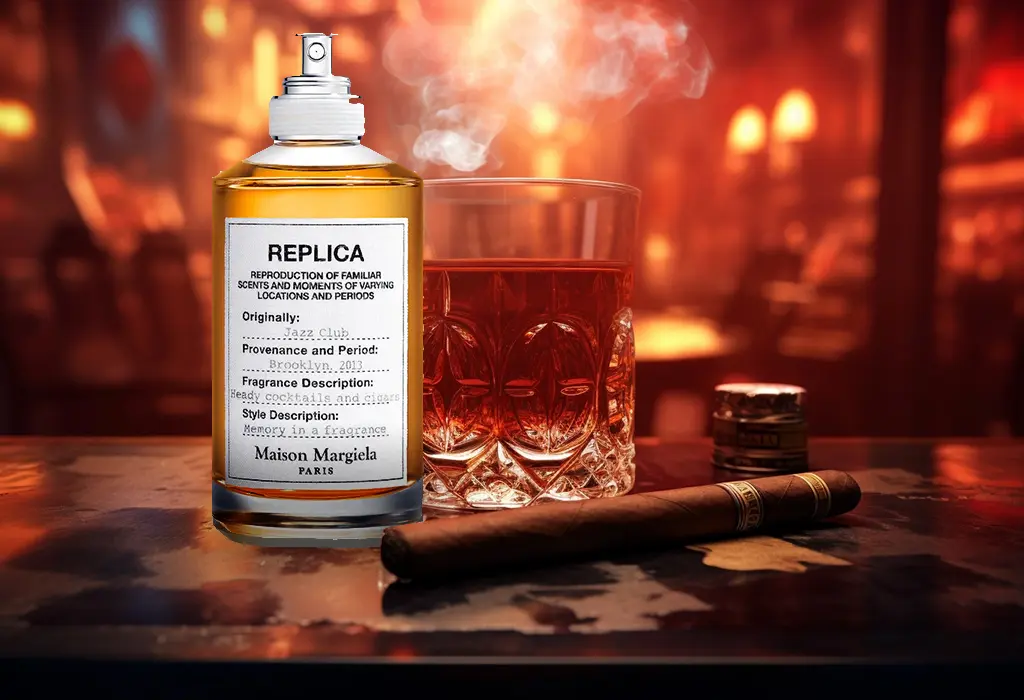
A few reasons are:
The Uniqueness: Niche fragrances are known for their unique and distinctive scents.
If you appreciate individuality and want to stand out from the crowd, investing in a niche fragrance can be worth it.
The Exclusivity: Niche fragrances are often more exclusive and not as widely worn as designer fragrances.
If exclusivity is important to you, and you enjoy having a scent that others might not have, then a niche fragrance could be a worthwhile investment.
The Artistic Expression: Niche perfumers have more creative freedom, allowing them to experiment with unconventional ingredients and unique compositions.
If you value the artistry and craftsmanship behind a fragrance, a niche option might be worth exploring.
Longevity and Quality: Niche fragrances often use higher-quality ingredients, resulting in longer-lasting and more complex scents.
If you prioritize longevity and overall fragrance quality, a niche fragrance may offer a superior experience than that of a designer brand.
Budget Considerations: Niche fragrances can be more expensive than their designer counterparts.
So it's best to consider your budget and whether the higher cost aligns with your willingness to invest in a more exclusive and unique scent.
The Personal Connection: Fragrance is a personal choice, and what matters most is how a scent makes you feel.
If a niche fragrance resonates with you on a personal level and brings you joy, it can be considered worth the investment.
Why Are Some Niche Fragrances Expensive?
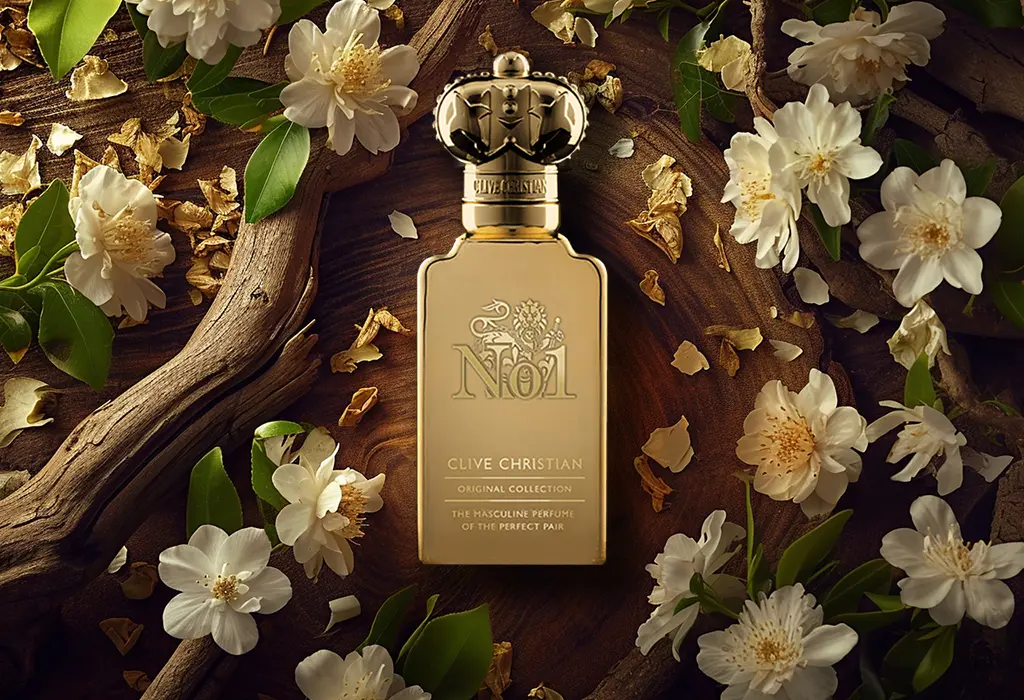
One of the main reasons you may be on the fence about trying one of these boutique scents is the higher price tag. You've undoubtedly asked yourself – Is Creed Aventus worth $300?
While I cannot answer that for you, I can give you insight as to why these brands have higher price tags.
Is The Extra Price Worth It?
Here are 9 points to consider why niche fragrances can cost more than designer brands:
- Quality Ingredients – Niche brands often use higher quality and more expensive raw materials. Perfumers may source rare and exotic ingredients, resulting in a fragrance composition that stands out in terms of richness, complexity, and overall quality.
- Small Batch Production – Niche fragrances are typically produced in smaller quantities compared to mass-market perfumes. This limited production scale can increase the per-unit cost of manufacturing.
- Creative Freedom – Niche perfumers have greater creative freedom to experiment with unique and unconventional scent combinations. This creative process can involve more time, effort, and expertise, contributing to the overall cost of crafting a distinctive fragrance.
- Artisanal Craftsmanship – Many niche perfumes are crafted with a high level of artisanal craftsmanship. The attention to detail and hands-on approach in the production process can result in a product that is perceived as more exclusive and valuable.
- Packaging and Presentation – Niche fragrances often come in luxurious packaging with attention to detail. The bottles, labels, and overall presentation contribute to the brand's image of exclusivity and sophistication, adding to the overall cost.
- Limited Editions and Rarity – Some niche fragrances release limited editions or rare scents, making them more collectible. The exclusivity and scarcity of these editions can drive up the price for fragrance enthusiasts who value having something unique.
- Independent and Boutique Nature – Niche brands are often independent or boutique, operating on a smaller scale without the backing of large corporations. This independence can result in higher production costs per unit compared to mass-market brands with extensive resources.
- Distribution and Retail Markup – Niche fragrances are often sold in select boutiques or directly from the brand. This may involve higher distribution costs. Additionally, the retail markup for niche fragrances can be higher to cover the expenses associated with carrying a more exclusive product.
- Perceived Value – The exclusivity, quality, and craftsmanship associated with niche fragrances contribute to their perceived value. Consumers who appreciate these aspects may be willing to pay a premium for a scent that aligns with their preferences and lifestyle.
Summary
Niche fragrances do a good job of being unique and appealing to an audience that desires exclusivity.
As to the question of whether or not they are worth it, I think they definitely can be. Especially if you are looking for a scent that hardly anyone else is wearing.
Just make sure your budget can allow for them, and you are off to the races.
Check the following article if you're interested in some of the best fragrances for 2024,


